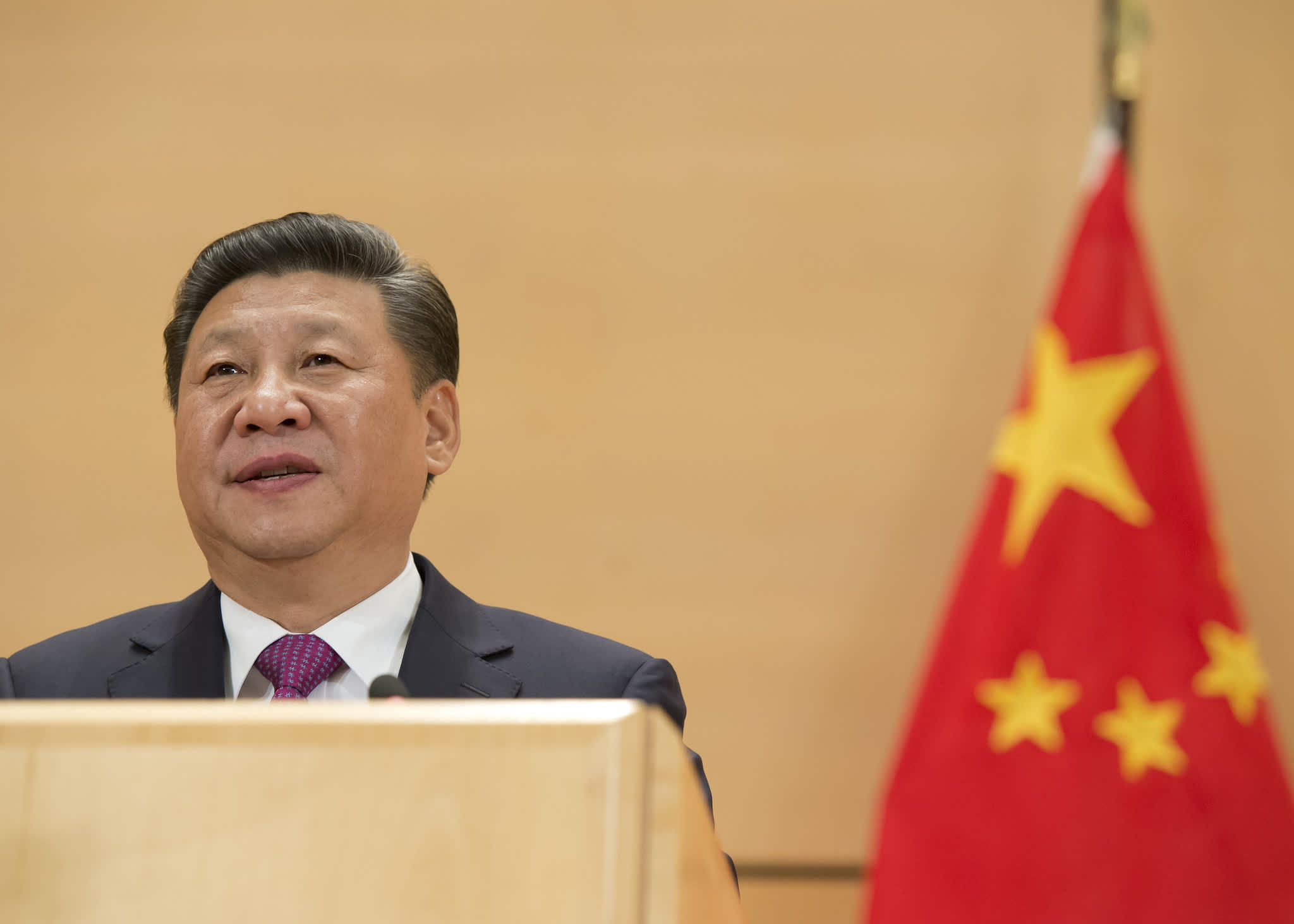China is determined to advance its technology despite US-led restrictions, Xi Jinping tells Dutch Prime Minister

- by maurya18@gmail.com
- March 28, 2024

What just happened? The US-led campaign to restrict China’s access to advanced technologies will not deter its scientific and technological progress, according to President Xi Jinping, who made the statement during his meeting with Dutch Prime Minister Mark Rutte. The Netherlands restricted exports of ASML’s advanced chipmaking equipment to China last year, a move prompted by the US.
Xi met Rutte on Wednesday for discussions relating to areas that included the semiconductor industry. “The Chinese people also have legitimate development rights, and no force can stop the pace of China’s scientific and technological progress,” said Xi, according to Xinhua News Agency. The president added that China will “continue to pursue a win-win approach.”
ASML, the world’s largest semiconductor equipment supplier by market cap, has been impacted by the Dutch government’s export licensing requirements that were introduced in 2023.
At the start of the year, ASML announced that a license for the shipment of NXT:2050i and NXT:2100i lithography systems had been partially revoked by the Dutch government, impacting a small number of customers in China. The systems represent the company’s most advanced DUV tools, capable of supporting 7nm and 5nm-class process technology with multi-patterning.
It remains uncertain whether ASML will be allowed to continue servicing the billions of dollars worth of advanced chipmaking equipment it has already sold to Chinese customers that now fall under the export restrictions when current licenses expire, writes Reuters. Rutte refused to comment on the matter.
China was ASML’s second-largest customer in 2023, accounting for 29% of its revenue as Chinese companies rushed to buy its chipmaking equipment before the new licensing rules came into effect, writes Associated Press.
Rutte downplayed the tension between China and the Netherlands, claiming the restrictions are never aimed at one country specifically and the Dutch government always tries to ensure the impact is limited.
In addition to chipmaking equipment, the US has restricted the export of advanced AI products from the likes of Nvidia and AMD to China due to their potential use in military applications.
This week saw China announce it was phasing out Intel and AMD processors, along with the Windows OS, from its government computers in favor of “safe and reliable” CPUs and operating systems. The country has long aimed to lessen its reliance on overseas technologies in favor of domestic products.
The Latest News
-
November 22, 2024Nederland voor het eerst in historie in Davis Cup-finale na zege op Duitsland
-
November 22, 2024BAM Infra en Rijkswaterstaat ronden onderhoud A10 Noord en Zeeburgerbrug af Duurzame koploper in wegverharding – Kijk op Noord-Holland
-
November 21, 2024ADIDAS OPENT VANDAAG NIEUWE WINKEL IN DE WESTFIELD MALL OF THE NETHERLANDS – vastgoednieuws.nl
-
November 21, 2024Aanvoerder Koen Bloemen van het Nederlands rugbyteam verzorgt training voor CSE-rugbytalenten
-
November 21, 2024Ook Arnoud van Ravensberg weg bij Unilin Flooring Nederland





